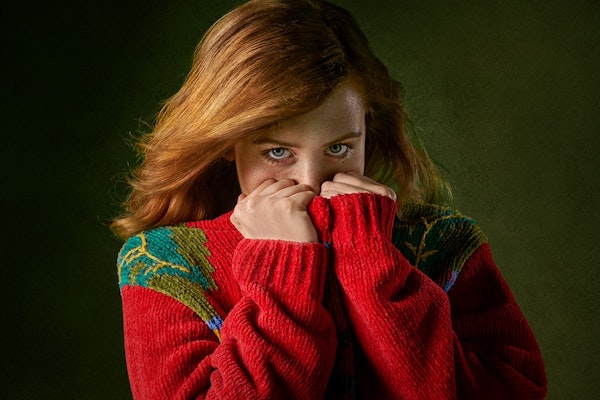Studies have shown that 7% of Americans have had social anxiety at one point in their lives. The risk of long-term social anxiety disorder is about 13%. However, what is social anxiety disorder?
Whether you have felt discomfort at a party or nervousness on a date, it’s important to know what exactly it is you’re feeling. Read this guide to learn more about social anxiety disorder.
Table of Contents
What Is Social Anxiety Disorder
People with social anxiety disorder, also known as social phobia, experience extreme fear, and discomfort in social environments. Being in social situations is a nightmare for those with the disorder and because of this, they are naturally shy and introverted.
Those with social anxiety disorder are fearful of being judged, perceived, and rejected, whether it be at a party or the grocery store. Now, let’s take a look at symptoms, causes, and how you can treat them.
Symptoms and Signs Of Social Anxiety Disorder
There are many social anxiety disorder symptoms to look out for. Those who have the disorder will often blush, tremble, and sweat during social interactions. Their heart rate will also increase, and they may stumble over their words.
It’s also common to feel nauseous, and those with the disorder will find their minds go blank. People with social anxiety disorder feel embarrassed, awkward, and self-conscious in front of others. This causes them to avoid social gatherings and events.
Children who are developing social anxiety disorder may show signs of crying, clinginess, temper tantrums, and extreme shyness in social situations.
Causes Of Social Anxiety Disorder
Social anxiety disorder is caused by a mixture of genetics and environmental factors. People who have experienced trauma in the past are at greater risk for developing social phobia. If a family member has had social anxiety disorder then you are most likely to have it too.
Individuals can inherit these traits from family through learned behavior and the environment. For example, children can develop social anxiety disorder when raised in restrictive, overprotective households.
Serotonin imbalance in the brain can also be a cause of the social phobia. The amygdala is the core system in the body that controls fear, and when this structure is overactive it can lead to anxiety.
Treatment
Social anxiety disorder is best treated through counseling and therapy. Some people may feel that a combination of therapy and medications is best for them, but medicine may not be necessary.
It’s best to get a social anxiety disorder test done by licensed psychologists, to evaluate your strengths and identify areas that need work. Psychological testing allows you to assess your abilities and can potentially provide diagnostic information.
Find a Therapist Today
What is social anxiety disorder? It is an anxiety disorder that can be treated. Social anxiety disorder can disrupt your life, hinder you from living a more fulfilling life, and prevent you from spending time with loved ones.
Social anxiety disorder is not something you have to deal with forever and with the right help, you can start to live life comfortably again. Schedule a consultation for anxiety therapy with one of our highly trained psychologists today to begin your new journey.


